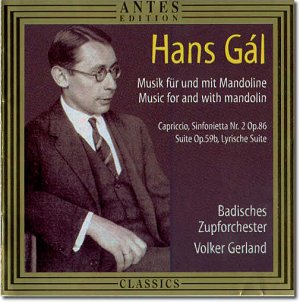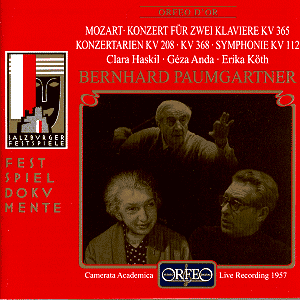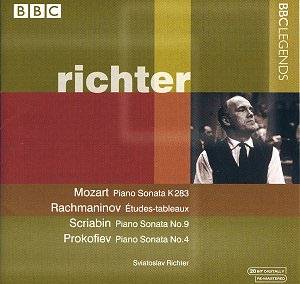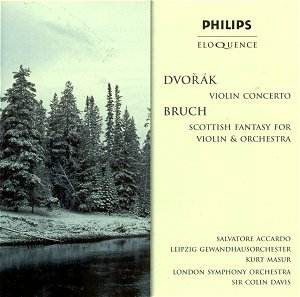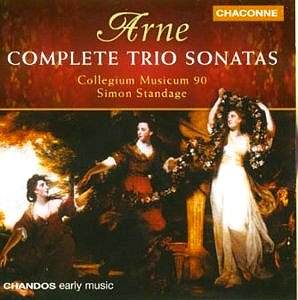 Composer: Thomas Arne
Composer: Thomas Arne
Works: Complete Trio Sonatas
Performers: Collegium Musicum 90, Simon Standage (violin), Richard Tunnicliffe (cello), David Owen Norris (continuo)
Recording: 1998
Label: Chandos
The sonatas of Thomas Arne, particularly his seven Trio Sonatas published in 1757, occupy a somewhat liminal space in the canon of British baroque music. While the luminaries of the time, such as Handel and Boyce, have garnered significant acclaim, Arne’s contributions have often been overshadowed. This recording by Collegium Musicum 90, under the direction of Simon Standage, offers a timely reassessment of Arne’s work, revealing the richness of his melodic invention and the vitality inherent in his galant style.
The performance is marked by a refreshing clarity and character, with the ensemble’s approach reflecting both respect for the historical context and a vibrant interpretative flair. Standage’s violin work is particularly noteworthy; his phrasing breathes life into the sonatas, imbuing them with an engaging dynamism. For instance, in the second sonata’s opening movement, the dialogue between the violin and cello is expertly balanced, showcasing Arne’s intricate counterpoint while maintaining an elegant melodic line. Tunnicliffe’s cello provides a robust foundation, articulating the bass lines with both precision and warmth, which supports the upper voices beautifully without overpowering them.
The engineering of this recording deserves particular commendation. The sound is well-defined, allowing for a clear delineation of the ensemble’s texture. Each instrument occupies its own sonic space, facilitating an appreciation of Arne’s craftsmanship in orchestration. The use of period instruments further enriches the listening experience; the tonal quality of the strings evokes the era’s aesthetics, while the harpsichord’s continuo adds a necessary buoyancy that complements the lively exchanges between the players.
Arne’s sonatas, often dismissed as less compelling than those of his contemporaries, reveal a surprising depth upon close examination. The variations in layout across the sonatas—some adhering to the traditional fast-slow structure while others incorporate additional dance movements—display a keen understanding of form and audience engagement. For example, the third sonata, with its three-movement structure, cleverly juxtaposes a slow opening with a quick finale, reflecting the stylistic shifts prevalent in the galant idiom. This is not simply music for entertainment; it is a refined expression of the cultural milieu of 18th-century England, echoing the legacy of Purcell while carving out its own identity.
Collegium Musicum 90’s interpretation underscores Arne’s melodic gifts and rhythmic vitality, presenting the sonatas in a light that belies their historical neglect. This recording serves as an essential reexamination of Arne’s oeuvre, asserting the relevance of his work to the broader narrative of British baroque music. The ensemble’s commitment to authenticity, coupled with their nuanced interpretation, ensures that this collection not only honors Arne’s legacy but also invites listeners to explore the rich textures and intricate dialogues of his compositions. A strongly recommended addition to the discography of early British music.
